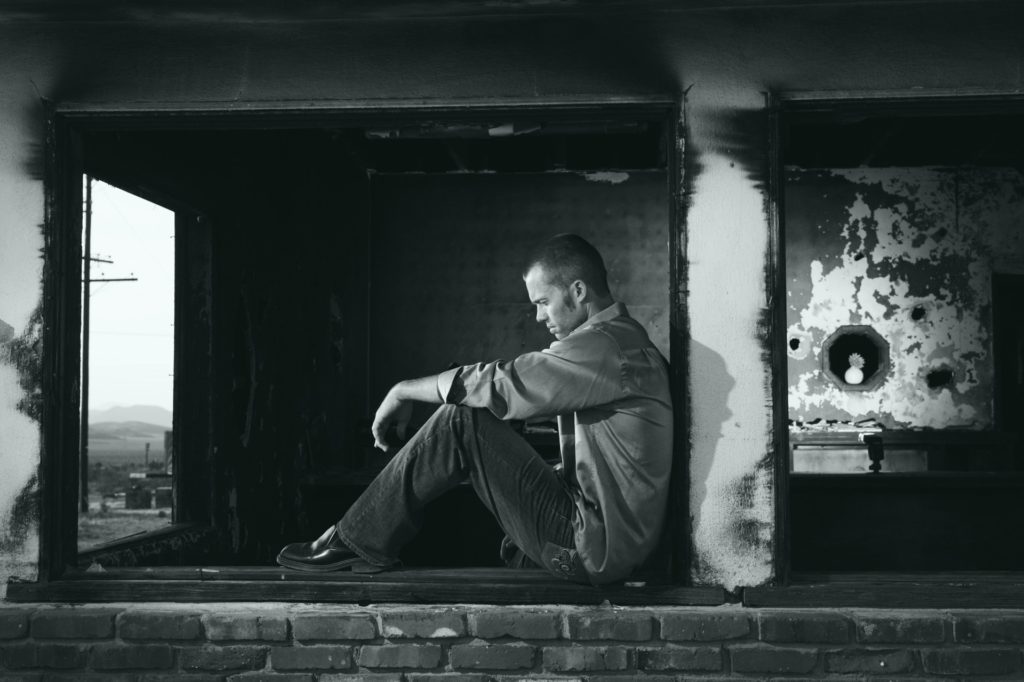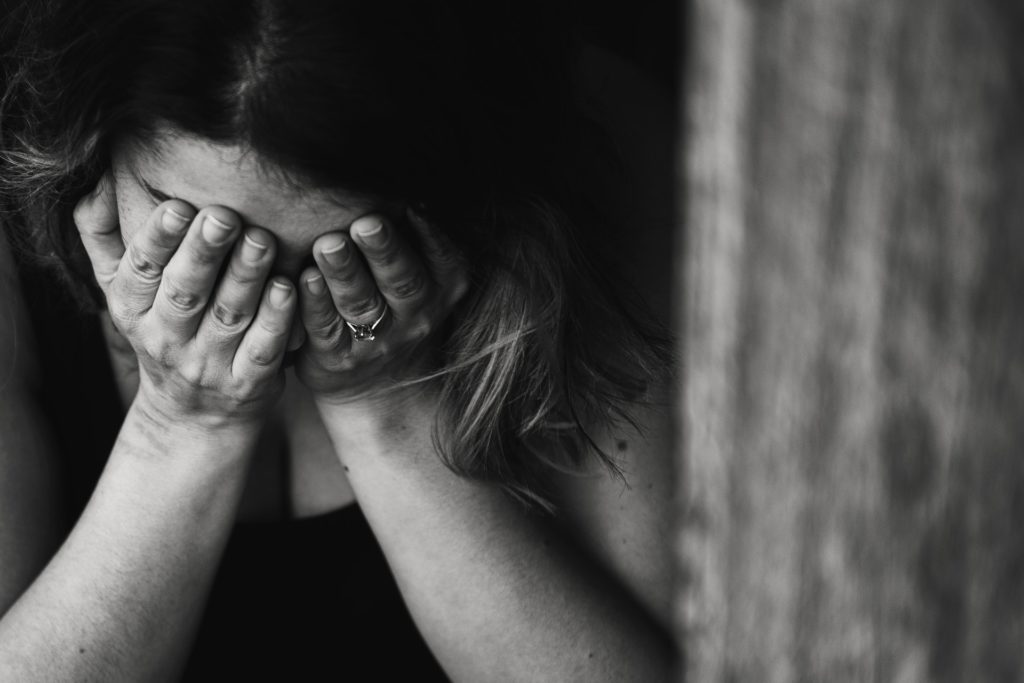
Panic attacks can be very debilitating, but when they occur at night they can feel even more so. When we sleep, we’re at our most relaxed and vulnerable, which is why panic attacks at night can be so terrifying.
When you have a panic attack, it can be difficult to breathe, you’ll feel disoriented, your heart is pounding in your chest, and you break out into a cold sweat as you desperately try to calm yourself down. In the middle of the night, sitting in the dark, focusing on bringing your heart rate down and taking deep breathes seems almost impossible.
This type of panic attack is commonly referred to as a nocturnal panic attack. These attacks can occur for unknown reasons, waking you up in the middle of the night, drenched in sweat and scared that something terrible has just happened or is about to happen. Unlike a regular panic attack, these panic attacks aren’t predictable, making it hard to identify the trigger.
Nocturnal Panic Attack Triggers
Like their daytime counterparts, nighttime panic attacks are the result of the fight or flight instinct that’s triggered by a perceived aggressor. With nighttime attacks, the likely cause is pent-up anxiety that results from chronic worrying during the day.
When you’re busy at work, dealing with the kids, and throwing dinner together, your fears and worries tend to get pushed to the back of your mind. But during the stillness of the night, these fears tend to invade your dreams, or often keep you up lying awake at night until you’re finally able to drift off to sleep.
When we sleep, the brain doesn’t fully switch off.
Do you ever notice that certain events or thoughts you’ve focused on during the day have a tendency to pop up in your dreams? The brain naturally tries to sort out and process your daily thoughts and events and if it has been a particularly long day or tough week, your fears and anxieties often make an appearance in your dreams.
Additionally, ongoing stress and anxiety that’s not dealt with can build up.
Panic attacks are overwhelming and frightening. They usually start with restricted shallow breaths, a quickening of your heart rate, and a feeling of suffocation. Some people can also experience chest pain, extreme nausea, lightheadedness or even vomiting. Hyperventilation is also common.
Other common symptoms of panic attacks such as muscle tension, can lead to cramps, spasms, and a tingling sensation.
During the night, people who suffer from ongoing panic attacks have often described it as a feeling of temporary paralysis. Other people have reported a drastic change in body temperature accompanied by sweating or shivering. Typically, these symptoms will last for only five to ten minutes, but if you’ve ever experienced a panic attack, then you know this can feel like a lifetime.
How to Stop Nocturnal Anxiety Attacks

Trying to resist a panic attack when it’s happening often makes it worse. During the day, when you feel a panic attack coming on, you can head to a quiet place, sit down, focus on your breathing, and this can be enough to help minimize the symptoms or stop the panic attack in its tracks.
But during the night you’re caught off-guard.
If you wake up in the middle of the night and feel an attack coming on, focus on your breathing and take deep, slow breaths. If possible, try to relax your muscles.
After the attack is over, because there’s adrenaline coursing through your veins, it’s unlikely that you’ll be able to drop back off to sleep. You may even be scared that another panic attack will hit as soon as you fall back asleep.
During this time, try to avoid any type of stimulating activity. If you begin to feel relaxed, head back to bed. When you lie down, try some more deep breathing exercises, breathing out through your mouth and in through your nose.
Is it Possible to Prevent Nocturnal Panic Attacks?
Once you’ve had your first panic attack at night, this should be a major red flag that you need to make some changes to your lifestyle, whether that’s cutting back on caffeine, or seeking therapy, or creating a relaxing ritual before bed, such as a hot bath or a cup of sleepy time tea.
If your panic attacks become more frequent and affects your quality of life, then it’s time to make an appointment with a therapist or your primary physician. You may need to take medication to reduce your anxiety or regular talk therapy may be enough.
You can also learn how to manage your anxiety naturally and effectively, by following the Panic Away program. Click here to read our Panic Away review.
Create a Consistent Bedtime Routine and Sleep Schedule
Creating a bedtime routine can be a great way to unwind and relax before bed. This routine tells your mind and body that you’re getting ready for sleep. Relaxation techniques can be a great and effective way to release tension before sleep. Using visualization techniques can help to direct your mind to more calming thoughts. Practicing yoga stretches or muscle relaxation techniques can also help you to relax before bed.
You should create a bedtime routine and follow it at the same time, every night and set an alarm to wake you up at the same time every morning. Over time, your body becomes used to the hours you set, which will help you to relax, fall asleep easily, and stay asleep.
You may have a difficult time maintaining your sleep schedule on your days off. However, by skipping your routine, you can end up setting yourself up for more nightly panic attacks or other sleep issues during the week. You can try shifting your sleep and wake times by one or two hours, which shouldn’t throw your routine off too much.
Preventing panic attacks, whether during the day or the night is all about creating a balance in your life and learning how to effectively manage your stress. Keep in mind that a lack of sleep can also cause panic attacks and increased anxiety during the day. Follow a consistent bedtime routine and schedule, cut back on caffeine during the day, and speak with a therapist if your panic attacks are becoming increasingly more frequent.